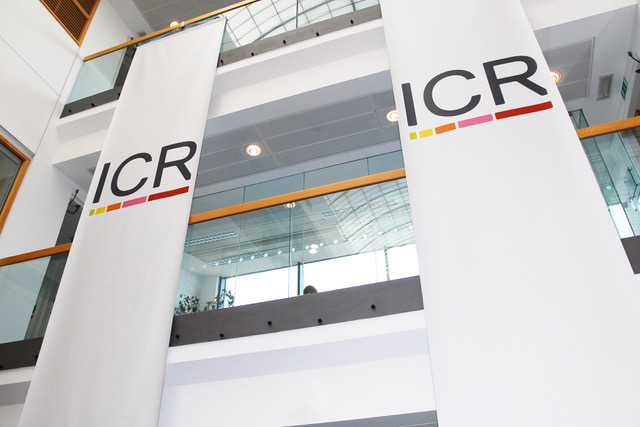ICR study finds way to determine efficacy of experimental breast cancer drugs
08 Sep 2023

Preview
Source: PMLiVE
Researchers at The Institute of Cancer Research (ICR)Cancer Research (ICR), London, have discovered a way to use a simple, non-invasive MRI scan to determine whether an experimental approach to enhance treatment for breast cancer is effective.
New research from the study, funded by Cancer Research UK, could help doctors visualise tumours and speed up the development of targeted therapies for breast cancer. If successful, these drugs could enhance the effectiveness of other drugs administered in combination.
Common features of breast cancer include excessive connective tissue, which consists of cells and fibres that provide a scaffold, known as the extracellular matrix (ECM), where tumours can grow.
Researchers are able to use experimental drugs that target and degrade a chemical called hyaluronic acid to dissolve some of the dense ECM and improve drug delivery to tumours.
However, when using experimental drugs targeting the chemical in this way, it can be difficult for researchers to identify the exact time when the acid has been degraded, and therefore, it is a challenge to determine the best time to administer other drugs.
The researchers performed multi-parametric MRI scans on mice with breast tumours to track the efforts of PEGPH20, an investigational drug targeting hyaluronic acid, to gain measurements that provide additional information about the tissue being analysed.
Study leader, Simon Robinson, professor, magnetic resonance imaging of cancer, ICR, London, said: "Diffusion-weighted MRI can be performed on conventional clinical MRI scanners. Our new research shows that we can use such scans to check if [experimental] drugs like PEGPH20 are working, helping guide treatment in a more targeted and non-invasive way."
For example, after using diffusion-weighted imaging to understand how water molecules moved within tissue, the researchers found that a measurement of water’s ability to move or spread, called the apparent diffusion coefficient (ADC), was reduced by up to 38% following administration of PEGPH20.
The results suggest that PEGPH20 could make breast cancer tissue more accessible to chemotherapy drugs and could potentially improve treatment outcomes.
Upon further necessary testing, the researchers hope to improve the development of targeted therapies for breast cancer and potentially other tumours.
For more details,please visit the original website
The content of the article does not represent any opinions of Synapse and its affiliated companies. If there is any copyright infringement or error, please contact us, and we will deal with it within 24 hours.
Organizations
Indications
Targets
Hot reports
Get started for free today!
Accelerate Strategic R&D decision making with Synapse, PatSnap’s AI-powered Connected Innovation Intelligence Platform Built for Life Sciences Professionals.
Start your data trial now!
Synapse data is also accessible to external entities via APIs or data packages. Leverages most recent intelligence information, enabling fullest potential.



